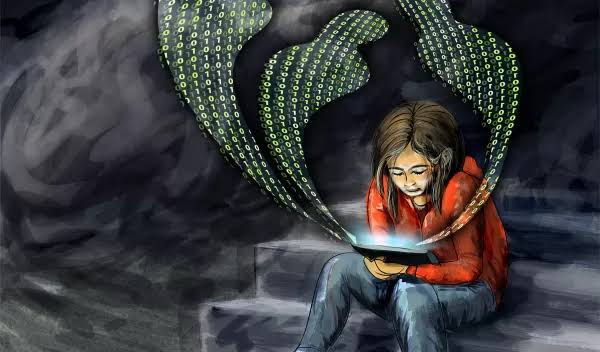In today’s digital world, the internet has become a space for expression, connection, and creativity. But beneath the likes and comments lies a darker reality cyberbullying. Many young people are facing silent battles online, where words sting and posts destroy confidence.

Cyberbullying is not just rude comments. It’s a form of digital violence through insults, threats, body-shaming, and fake accounts meant to humiliate others. With the rise of platforms like TikTok, X, and Instagram, bullies now hide behind screens, spreading hate that’s hard to trace.

In Kenya, several teenagers and creators have spoken out about the pain of being bullied online. The constant negativity, rumors, and public shaming lead to depression, anxiety, and self-isolation. Some victims even abandon their online presence completely, feeling unsafe in spaces that once made them happy.

Even though Kenya’s Cybercrime and Computer Misuse Act exists, many cases go unreported. Victims fear being judged or ignored. The lack of awareness and slow legal action make it easy for bullies to continue.
It’s time to change this. Schools, parents, and creators should talk openly about digital safety. Social media users must learn that freedom of speech doesn’t mean freedom to harm.Every comment matters. Every post can either build or break someone’s spirit. Let’s use our voices to protect, not destroy.
